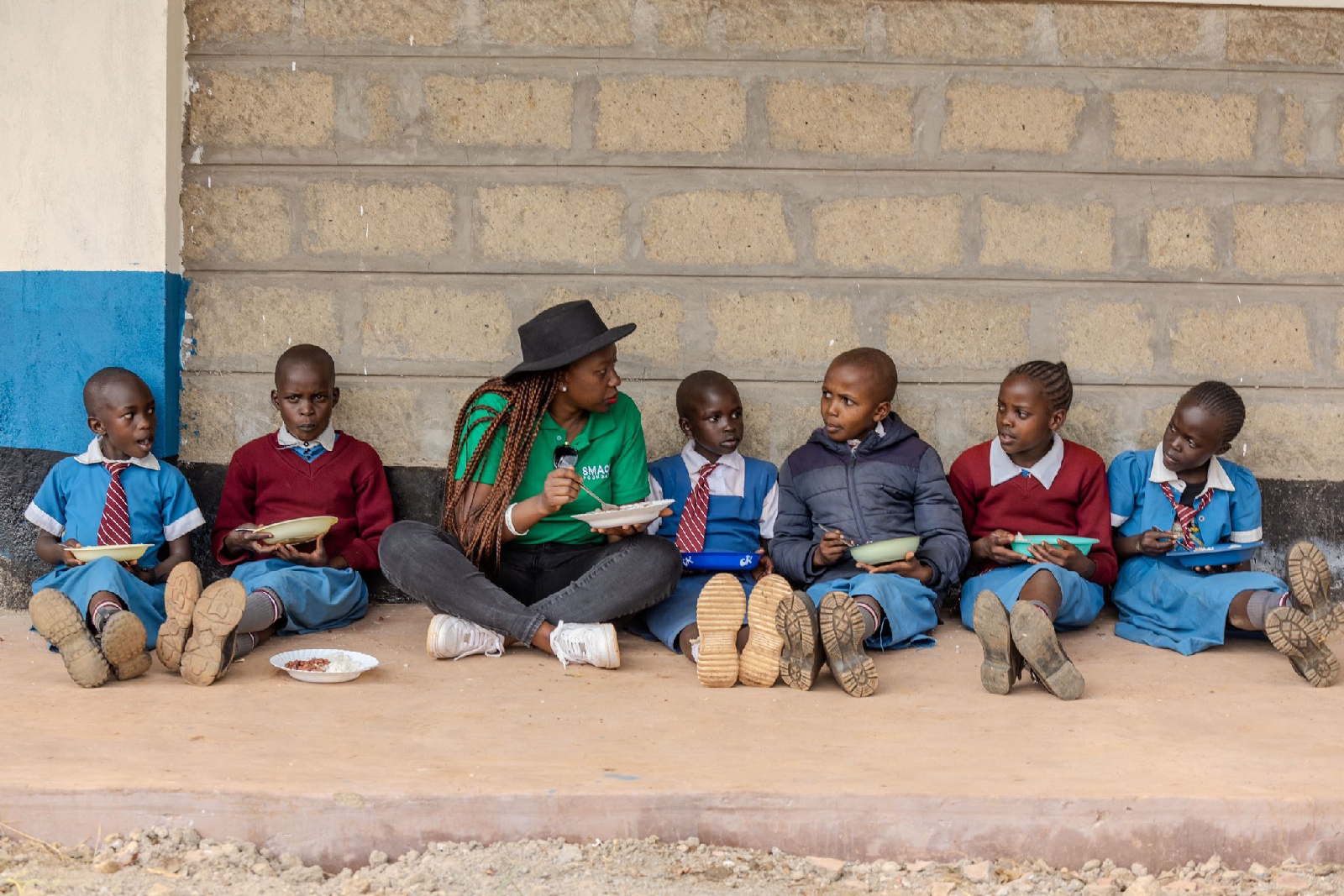The Importance of Pan-Africanism and How African Youths Can Cultivate Self-Esteem
Pan-Africanism is more than just a political ideology—it is a movement that seeks to unite African people worldwide in a shared identity, purpose, and vision for progress. The ideology calls for self-reliance, cultural pride, economic empowerment, and political solidarity among African nations. Despite Africa’s vast resources and rich cultural heritage, many young Africans continue to admire and mimic foreign civilizations rather than embracing their own identities.
This article explores the importance of Pan-Africanism in shaping Africa’s future and outlines practical steps that African youth can take to cultivate self-esteem and confidence in their own heritage. It also highlights the key stakeholders involved in inspiring and mobilizing the youth toward a renewed belief in Pan-Africanism.
The Importance of Pan-Africanism
1. Promoting African Unity and Solidarity
One of the greatest setbacks of Africa’s development has been the artificial divisions imposed during colonial rule. Pan-Africanism seeks to dismantle these barriers by fostering unity among African nations. A united Africa can negotiate better trade deals, protect its interests on the global stage, and collectively address challenges such as poverty, insecurity, and underdevelopment.
2. Encouraging Economic Independence
Africa is rich in natural resources, yet its people remain some of the poorest globally due to economic dependency on foreign nations. Pan-Africanism encourages the development of homegrown industries, intra-African trade, and investment in local enterprises. By promoting economic self-reliance, African countries can reduce their dependence on Western and Asian economies, ensuring that the wealth of the continent benefits its people.
3. Preserving African Culture and Identity
Colonialism and globalization have led to the erosion of many African cultures, replacing them with Western ideals and lifestyles. This has contributed to a lack of self-esteem among African youth, who often see foreign cultures as superior. Pan-Africanism promotes the appreciation of African traditions, languages, fashion, and art. A strong cultural identity fosters pride and confidence in one’s heritage.
4. Strengthening Political Sovereignty
Many African nations still struggle with political instability due to external influences. Through Pan-Africanism, African leaders can work together to establish policies that safeguard the continent’s sovereignty. A politically strong Africa can resist neo-colonial manipulation and create governance structures that truly serve its people.
5. Championing African Solutions to African Problems
From health crises to climate change, Africa faces unique challenges that require homegrown solutions. Pan-Africanism encourages innovation and problem-solving from within, reducing reliance on foreign aid and intervention. By developing local solutions, African nations can achieve sustainable development that aligns with their specific needs.
How African Youths Can Cultivate Self-Esteem
Despite the benefits of Pan-Africanism, many African youth struggle with self-esteem issues stemming from years of colonial indoctrination and modern globalization. They often admire Western lifestyles, from fashion and music to governance and education, at the expense of their own. Below are practical steps young Africans can take to build self-esteem and confidence in their own civilization.
1. Learn African History
Understanding Africa’s true history—beyond colonial narratives—is crucial in fostering self-esteem. Young Africans should educate themselves about historical figures such as Kwame Nkrumah, Patrice Lumumba, Thomas Sankara, and Nelson Mandela, who championed African pride and liberation. Knowing the achievements of ancient African civilizations like the Mali Empire, Great Zimbabwe, and Nubia can help youth appreciate their heritage and take pride in their identity.
2. Embrace African Languages
Language is a powerful tool of identity and self-worth. Unfortunately, many African youth prefer speaking English, French, or Portuguese over their native languages, often perceiving local dialects as inferior. Efforts should be made to promote indigenous languages in schools, media, and social interactions. A generation fluent in its native languages can better preserve African heritage and resist cultural assimilation.
3. Support African Businesses and Products
Economic independence starts with valuing and consuming locally made products. Young Africans should actively support African entrepreneurs by purchasing locally made clothing, food, and technology. Investing in African brands not only boosts the continent’s economy but also fosters pride in African craftsmanship.
4. Engage in Community Development
Being actively involved in local community development initiatives builds a sense of purpose and self-worth. Youths can volunteer in programs that empower marginalized communities, educate children, and promote African heritage. By contributing to their societies, young people can develop a sense of pride in their roles as builders of Africa’s future.
5. Utilize Digital Platforms to Promote African Narratives
The media plays a significant role in shaping perceptions. Young Africans should use social media and digital platforms to tell positive stories about Africa. Blogging, podcasting, and content creation centered on African achievements, traditions, and success stories can help counter negative stereotypes and inspire pride in African identity.
6. Seek Mentorship from Pan-African Thinkers
Guidance from Pan-African scholars, leaders, and activists can inspire youth to embrace self-worth and African pride. Mentorship programs connecting young Africans with successful entrepreneurs, academics, and leaders can provide valuable lessons on resilience, self-determination, and cultural pride.
Key Stakeholders in Promoting Pan-Africanism Among Youths
Several organizations and individuals are already playing a role in inspiring African youth to support and believe in Pan-Africanism. These stakeholders must continue their work to ensure that the ideals of Pan-Africanism are embraced by future generations.
1. African Governments
Governments should incorporate Pan-African studies in school curriculums, promote local industries, and foster intra-African cooperation. Policies that encourage youth participation in leadership and entrepreneurship can further strengthen Pan-African ideals.
2. African Union (AU)
The AU plays a crucial role in advocating for African unity and development. Its Agenda 2063 vision focuses on empowering African youth through initiatives that promote innovation, culture, and economic self-sufficiency. AU-led youth programs should be amplified to reach more young Africans.
3. Pan-African Organizations
Groups such as the Pan-African Youth Union (PYU) and African Renaissance movements are essential in mobilizing young Africans toward self-awareness and collective progress. These organizations should expand their mentorship programs, leadership training, and advocacy campaigns.
4. Religious and Cultural Leaders
Faith-based institutions and traditional leaders have a significant influence on African societies. They can help instill confidence in African values by promoting ethical leadership, unity, and cultural pride.
5. African Scholars and Intellectuals
Academics and historians must document and teach Africa’s rich history and potential. Universities should establish Pan-African studies programs and research centers dedicated to African philosophy, governance, and economic strategies.
6. Media and Creative Industry
Filmmakers, musicians, authors, and artists have a powerful platform to shape narratives. African creatives should produce content that celebrates African heritage, challenges stereotypes, and fosters pride in African identity. Music, literature, and cinema can play a crucial role in reviving Pan-African consciousness among youth.
Pan-Africanism remains a vital ideology in ensuring Africa’s unity, independence, and self-reliance. However, for the movement to succeed, African youth must embrace their identity and reject the inferiority complex that makes them admire foreign civilizations. By learning African history, supporting local businesses, engaging in community development, and leveraging digital platforms to promote African narratives, young people can develop self-esteem and pride in their heritage.
All stakeholders—including governments, the African Union, Pan-African organizations, religious leaders, intellectuals, and the media—must collaborate in inspiring youth to believe in Africa’s potential. The future of Africa depends on a generation that is confident, self-reliant, and committed to Pan-African ideals. It is time for African youth to stand tall, reclaim their identity, and shape their own destiny.
Considering this very key issues across the globe we are advocating for 30- things spearheaded by Charlene Ruto Kenyan youth champion
Who among the 30 things is pan Africanism which is the core of our Africanhood and Africanism is our business
+254712211366








Comments
Post a Comment